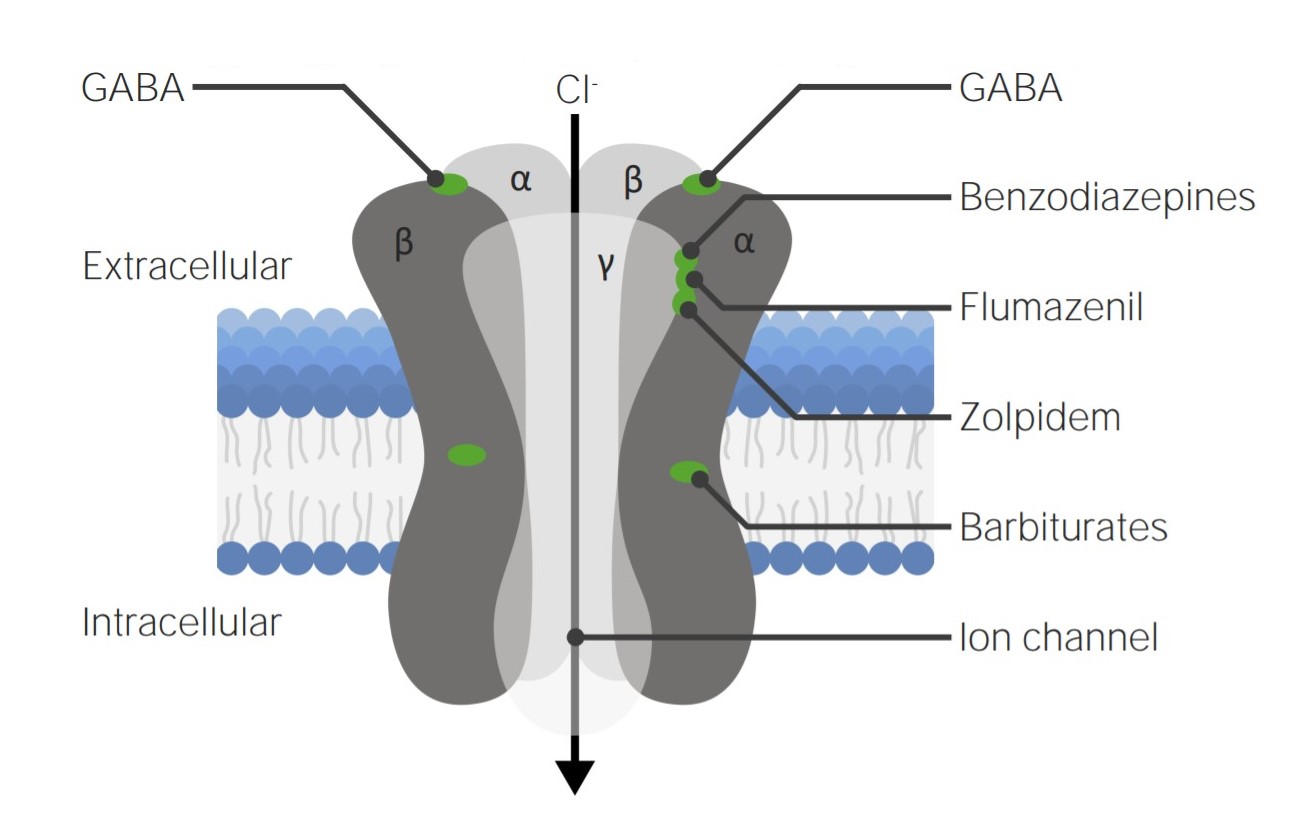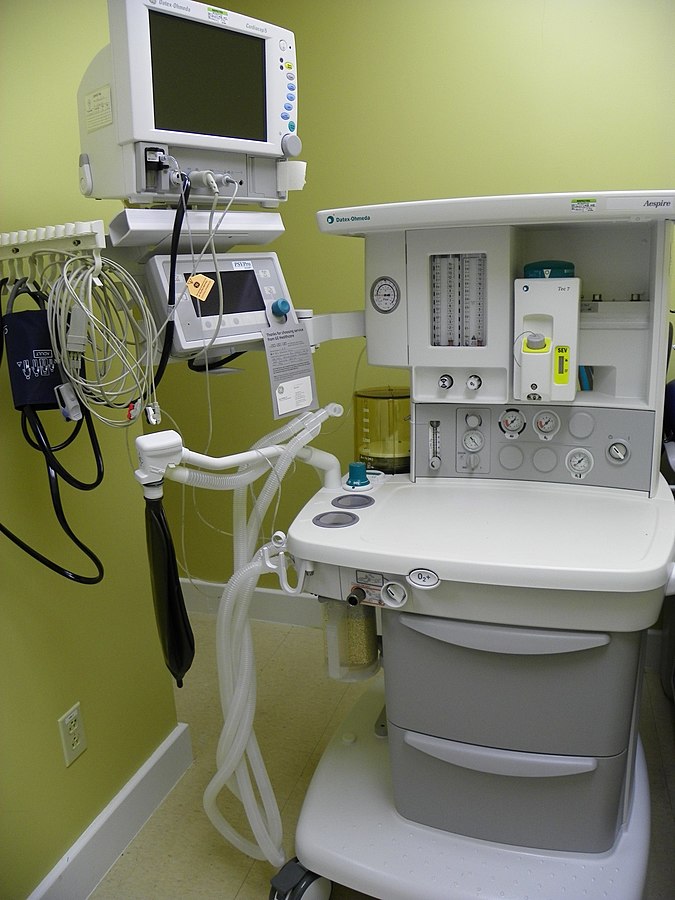Playlist
Show Playlist
Hide Playlist
Depolarizing Muscle Relaxants – Gases and Induction Drugs
-
04 - Gases and Induction Drugs.pdf
-
Download Lecture Overview
00:00 Succinylcholine causes deep polarization of the muscle fibers by functioning as a direct agonist at the motor and plate. 00:06 This causes a short phase of depolarization of muscle fibers, characterized by muscle twitching or fasciculations. 00:14 Succinylcholine has a very rapid onset of action and produces very profound paralysis in all voluntary muscles. Under normal circumstances, it's metabolised by pseudo-cholinesterase in under 18 minutes. 00:32 Unfortunately, a common side effect of this drug is Myalgia, pain in the muscles. And this is similar to the kind of pain one gets from exercising very vigorously when you're not fit and the next day you can barely move. Well, Succinylcholine produces exactly the same kind of feeling in the muscles. And patients often will phone the doctor, the surgeon and complain, they feel like they've been hit by a truck. So it's very unpleasant. The other issue with Succinylcholine, there are a number of issues with Succinylcholine, but another issue is, it releases histamine, and this can induce asthma attacks in patients who are susceptible. In patients with spinal cord injuries, massive trauma, burns, and renal failure, Succinylcholine can cause the release of huge amounts of potassium into the bloodstream. And Hyperkalemia causes cardiac arrest. And this is, obviously, an extremely serious complication. It also increases intraocular pressure. So in patients who have eye injuries, it can actually cause significant damage at the time of induction. 01:44 It causes increased intracranial pressure. So in somebody who has an intracranial bleed, or a brain tumor, this can be a problem. It causes increased intragastric pressure, and this can lead to vomiting, particularly at the time of induction, which isn't really vomiting, this is regurgitation. And aspiration can occur with damage to the lungs. And, like the vapours, this drug triggers malignant hyperthermia. And we will talk more about this very rare, but very serious genetic problem in another lecture. So it does trigger hyperthermia, malignant hyperthermia in susceptible patients. About 1:1000 patients are genetically pseudo-cholinesterase deficient and cannot metabolize Succinylcholine, and will have a markedly prolonged block from the drug. 02:32 These patients should not be given Succinylcholine. And about 1:500 patients have an abnormal pseudo-cholinesterase, which metabolises Succinylcholine slowly. And the only way you can actually determine whether this is happening, is if you're using a neuromuscular monitor and watching neuromuscular recovery constantly. So, it's not unusual for that patient who doesn't metabolise Succinylcholine properly to get a second dose of another muscle relaxant, which can confuse the whole issue. This drug is losing favor with anesthesiologists and is largely saved for trauma patients or unstable patients who require profound and rapid paralysis to allow airway management. I've only used this drug about 3 times in the last year.
About the Lecture
The lecture Depolarizing Muscle Relaxants – Gases and Induction Drugs by Brian Warriner, MD, FRCPC is from the course Anesthesiology: Introduction.
Included Quiz Questions
Which of the following statements about succinylcholine is TRUE?
- It can trigger malignant hyperthermia.
- It can help reverse an asthma attack.
- It can help relieve muscle pain.
- It causes decreased intracranial pressure.
Which of the following is a contraindication of succinylcholine?
- Absolute pseudo-cholinesterase deficiency
- History of head trauma
- Nauseated patient
- History of atrial fibrillation
- History of aspiration pneumonia
Which of the following conditions is the MOST likely to be experienced after succinylcholine administration?
- Muscle pain
- Asthma attack
- Vomiting
- Headache
- Arrhythmia
Customer reviews
5,0 of 5 stars
| 5 Stars |
|
1 |
| 4 Stars |
|
0 |
| 3 Stars |
|
0 |
| 2 Stars |
|
0 |
| 1 Star |
|
0 |
This lecture was informative and engaging. The speaker did an excellent job of presenting the material in a clear and concise manner, making it easy to understand.





